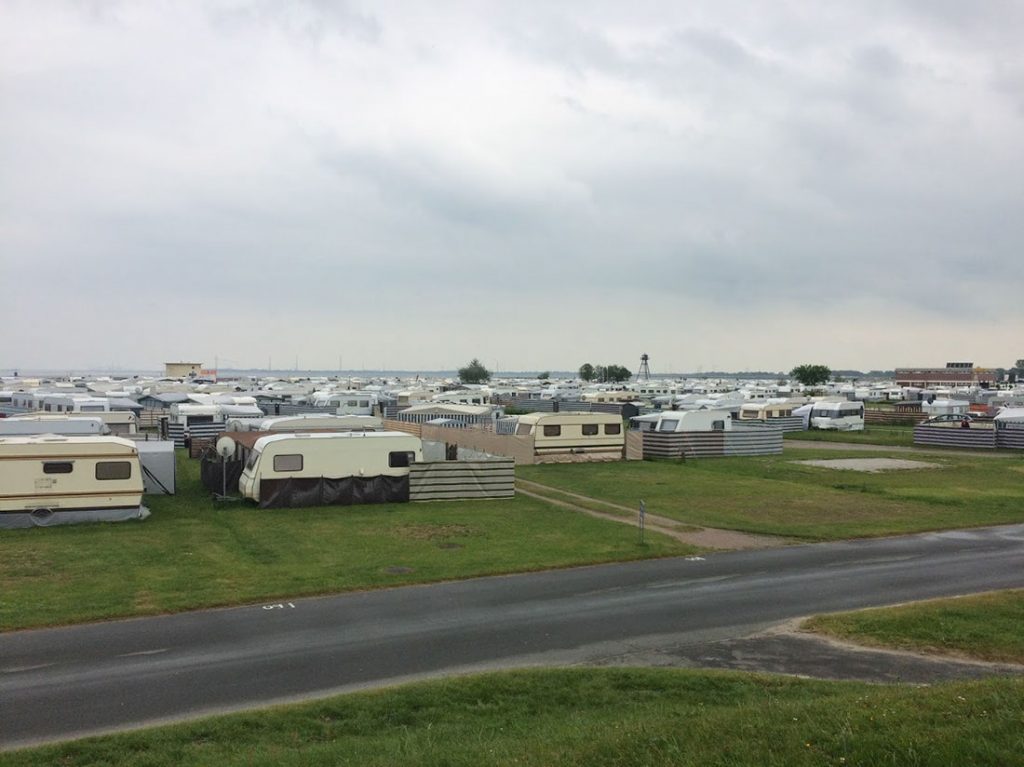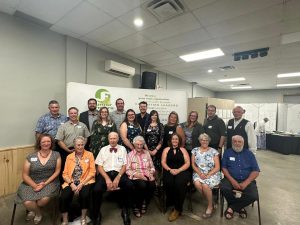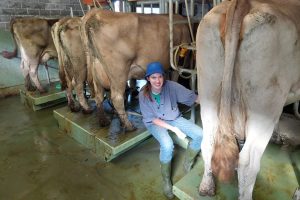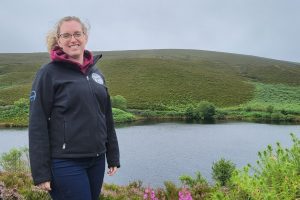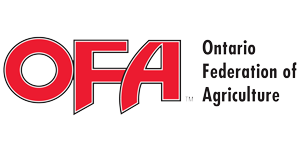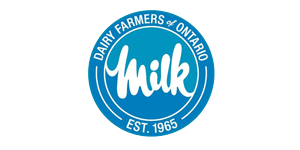by Murray Dale, Germany 2017 Exchangee
Some of the things I learned about farming, while in Germany, is how not only are the farmers progressive and conscious about their business, but this backed by a stringent consumer society and governing bodies. The consumers have many needs and standards to their demands in products that often pose problems for the producers. These include organic matters, animal housing standards, and illegalization of products and practices that drastically change the way the producers operate. In the end these changes, usually makes it harder to make ends meet for the farmer. An example of this is the new restrictions in spreading manure in fall. Or the amount of land you need for cows. Or the percentage of your land, that can be corn for aesthetics from the flux of bio gas plants. I can see that many of these problems will eventually come down the pipe to our society in North America. And if one were wise they would try to solve these problems now, before they really become an issue. In a sense my stay here in Germany was like taking trip to the future where they deal with all these social problems that will eventually reach us.
As I write this I have fast forwarded and my Junior Farmer Exchange has long been over, however my trip has not. Currently I am working On a thousand-acre farm in Schleswig Holstein area, outside of the town of Oldenburg. Here I have helped with harvest of Barley, Rapes, and Wheat.
Processes are done slightly differently, especially since I never seen rape seed before. Also on this farm all crops are winter crops and therefore planted in the fall which is slightly different to our practices at home, which only our Soft Red Wheat is planted in the fall.
Another problem they have is since they are so close to the sea, is that they have a lot of mold problems, resulting in having to spray a given field up to ten times with fungicide. Here, no-till is not normally practiced, due not only because of loss in yield, but because the infestation of slugs that eat the seeds and sprouts need to be controlled. If the ground is tilled, then they are not so apt to go into the field. Another reason is crops like rape have old roots that tend to be volunteer crops and cause chaos in the new crop. Crops like Spargel have a seven-year program in a given field as the first two years is the maturation period and the following five can be harvested.
Overall all these methods and problems are very much different to farming in Mid Western Ontario and I am glad I was able to learn about them, which gives me better insight when dealing with simialr problems at home.
To conclude, my exchange to Germany was amazing to say the least. The knowledge, experience, and friendships I have gained here I will never forget and will surely benefit me in the future. I know when I go back home my motives will be slightly different, as this trip has ultimately changed my life. With that I have Junior Farmers and the Landjugen groups to thank for this experience.

